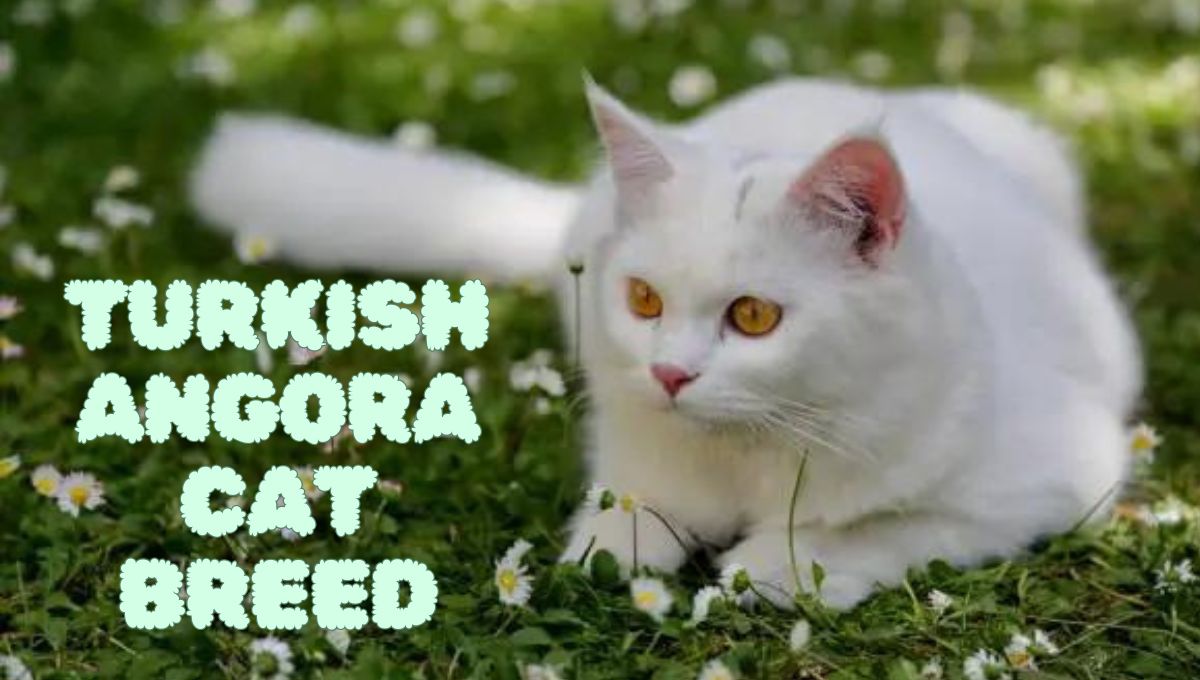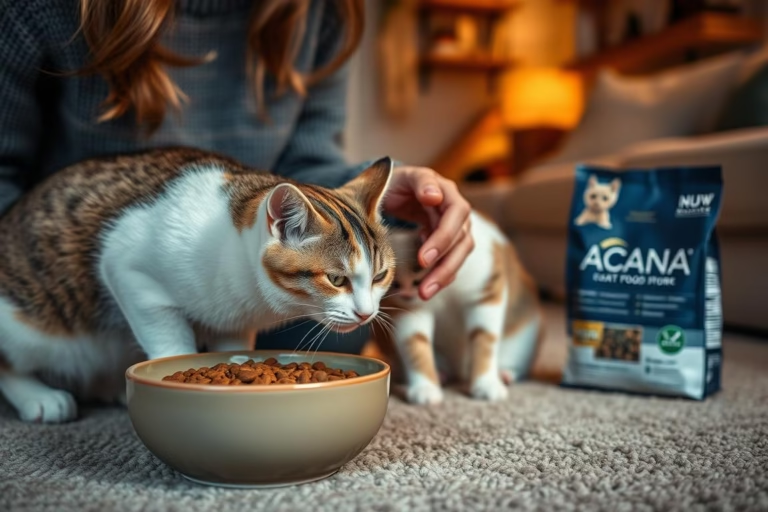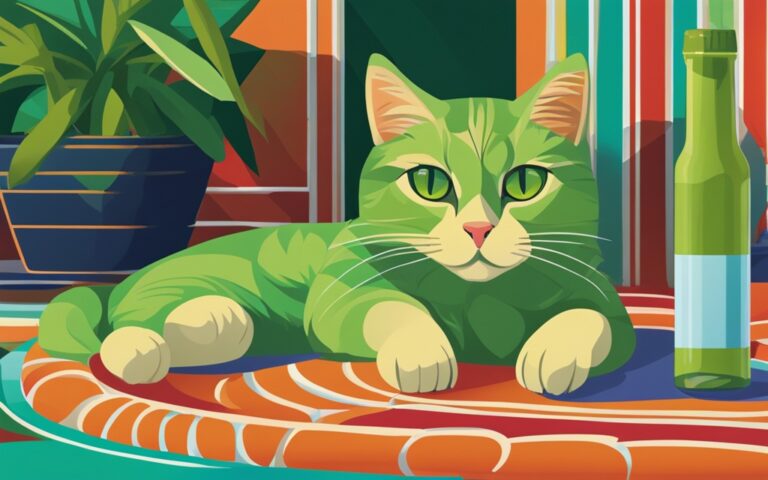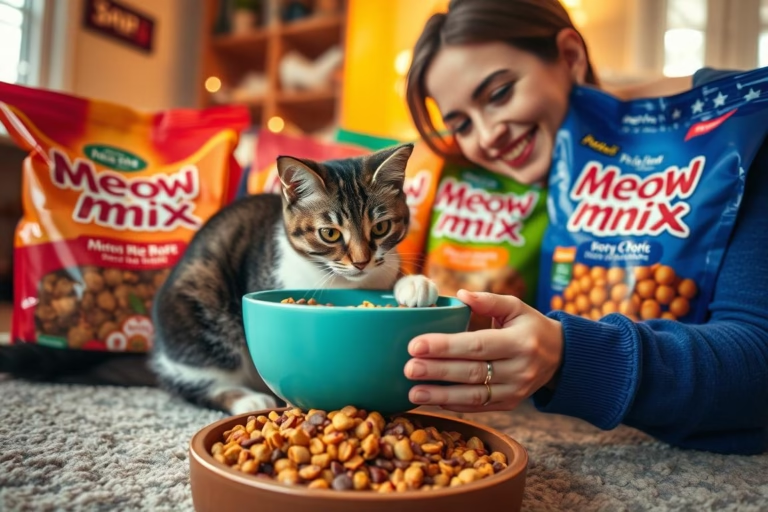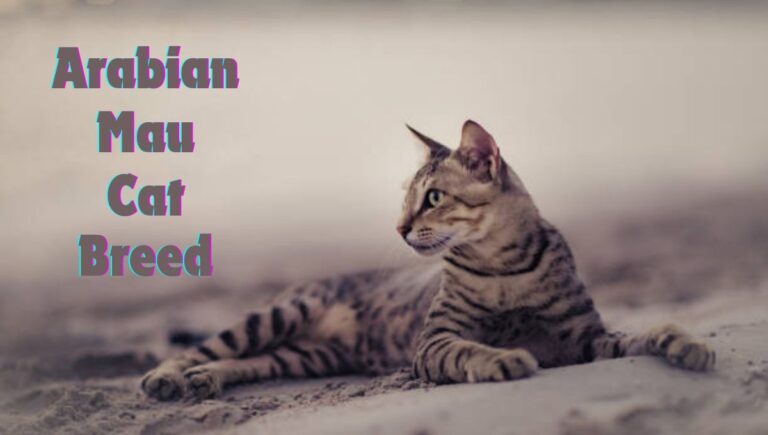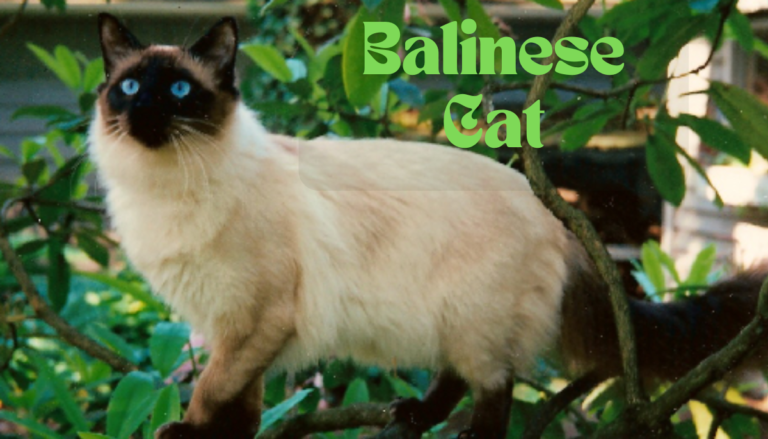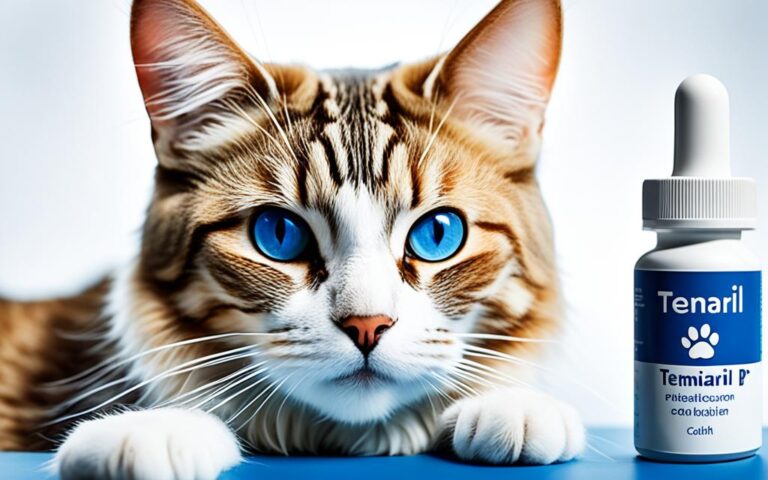Turkish Angora Cat Breed
The Turkish Angora cat breed is a distinguished feline known for its elegance, intelligence, and captivating beauty. Originating from Turkey, particularly the Ankara region (formerly known as Angora), this breed holds a significant place in feline history and folklore. Its name, “Angora,” pays homage to its place of origin and reflects its heritage.
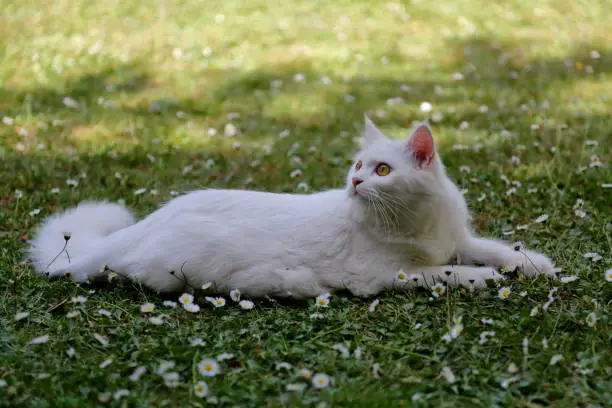
What sets the Turkish Angora apart are its striking features, including a graceful, slender body, almond-shaped eyes that can be blue, green, or amber, and a long, silky coat that comes in various colors and patterns. Renowned for their playful and affectionate nature, Turkish Angoras are often described as “dog-like” due to their loyalty and tendency to form strong bonds with their human companions. They are highly intelligent and enjoy interactive play and mental stimulation, making them ideal companions for households seeking an engaging and affectionate pet.
With their rich history, elegant appearance, and charming personality, Turkish Angora cats continue to enchant cat enthusiasts worldwide, earning their place as one of the most beloved and admired cat breeds.
Table of Contents
I. Origin and History of Turkish Angora Cat Breed :
Discuss the Breed’s Origins and Historical Significance :
- The Turkish Angora cat breed has a long and illustrious history that dates back centuries in Turkey, particularly in the Ankara region, formerly known as Angora.
- These cats are believed to have originated from the natural mutation of domestic cats in Turkey, where they have been revered for their beauty and companionship for centuries.
Breeds Involved in Formation :
- The exact breeds that played a role in the formation of the Turkish Angora are not definitively known. However, it is believed that they may have interbred with other domestic cats in the region over time.
- Due to their long history and natural evolution, Turkish Angoras have a distinct genetic makeup that sets them apart from other cat breeds.
Geographical Region of Origin :
- The Turkish Angora breed originates from Turkey, particularly the Ankara region (formerly Angora), where they were highly regarded and even considered sacred in some instances.
- The geographical region of origin, with its diverse climate and terrain, likely influenced the development of the Turkish Angora’s unique characteristics, such as their long, silky coat for insulation against cold winters and their agile and graceful build for navigating rocky landscapes.
Influence on Modern Characteristics :
- The Turkish Angora’s origin in Turkey, a land rich in history and culture, has contributed to its reputation as a symbol of beauty and grace.
- Their long history of living alongside humans in Turkey has influenced their friendly and sociable nature, as they are known for forming strong bonds with their human companions.
- The breed’s natural adaptation to the Turkish climate and terrain has likely shaped its physical characteristics, such as its long, luxurious coat, which provides protection against harsh weather conditions.
Folklore and Legends :
- Turkish Angoras are steeped in folklore and legends in their native Turkey, where they have been revered for centuries.
- One legend suggests that Turkish Angoras were prized companions of royalty and were considered good luck charms. It was believed that having a Turkish Angora in the home brought prosperity and happiness to the household.
- Another legend tells of how Turkish Angoras were worshipped in ancient temples and considered sacred cats with magical powers.
The rich history and cultural significance of the Turkish Angora breed continue to enchant cat enthusiasts worldwide, as they remain beloved companions known for their beauty, intelligence, and affectionate nature.
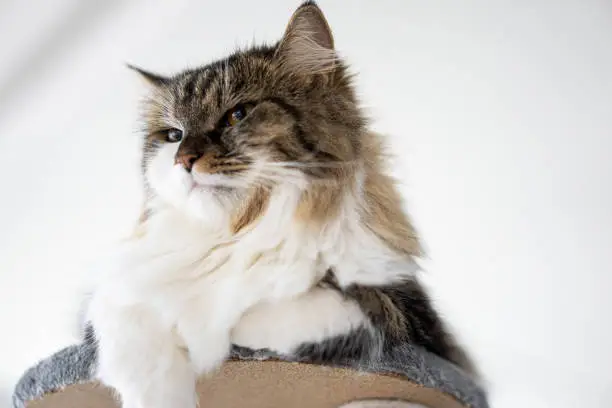
II. Physical Characteristic of Turkish Angora Cats :
| Height | Medium-sized cat breed, typically ranging from 8 to 10 inches (20 to 25 cm) at the shoulder. |
| Weight | Turkish Angora cats usually weigh between 5 to 10 pounds (2.3 to 4.5 kg), with females generally being smaller than males. |
| Life Span | The average lifespan of Turkish Angora cats is around 12 to 18 years, although some may live longer with proper care. |
| Good With | Turkish Angora cats are generally good with families and other pets. They form strong bonds with their human companions and enjoy interactive play. |
| Temperament | Turkish Angora cats are known for their friendly and sociable nature. They are affectionate, intelligent, and curious, often seeking out attention from their owners |
| Intelligence | Turkish Angora cats are highly intelligent and enjoy mental stimulation, such as interactive toys or puzzle games. |
| Shedding Amount | Turkish Angora cats have a moderate shedding amount. Regular grooming can help minimize shedding and keep their coat healthy. |
| Grooming | Turkish Angora cats have a long, silky coat that requires regular grooming to prevent matting and tangles. Brushing two to three times a week is recommended to remove loose hair and maintain coat health. |
| Exercise Needs | Turkish Angora cats have moderate exercise needs and enjoy interactive play sessions. Providing toys and opportunities for physical activity can help keep them mentally and physically stimulated. |
| Energy Level | Turkish Angora cats have a moderate to high energy level. They enjoy playtime and may be active and playful throughout the day. |
| Meowing Level | Turkish Angora cats are known to be vocal and may have a moderate to high meowing level, especially when seeking attention or communicating with their owners. |
| Drool amount | Turkish Angora cats are not known for excessive drooling. |
| Coat Length/Texture | Turkish Angora cats have a long, silky coat that comes in various colors and patterns. The coat texture is fine and soft to the touch. |
| Colors | Turkish Angora cats come in a wide range of colors, including white, black, blue, cream, and tabby patterns. |
| Patterns | Turkish Angora cats may exhibit solid colors, bi-color, tri-color (calico), tabby, or tortoiseshell patterns, among others. |
Detailed Physical Characteristic of the Turkish Angora Cat Breed:
Size :
Turkish Angora cats are medium-sized, with a graceful and slender build.
- Male Weight: Males typically weigh between 8 to 12 pounds (3.6 to 5.4 kg).
- Female Weight: Females usually weigh between 5 to 10 pounds (2.3 to 4.5 kg).
Coat Type :
Turkish Angora cats have a long, silky coat that drapes elegantly over their body.
Color Variations :
Turkish Angora cats come in a wide array of colors and patterns, including:
- Solid colors: White is the most common, but they can also come in black, blue, cream, and various other solid colors.
- Bi-color: White with patches of another color.
- Tri-color (Calico): White with patches of black and red (or other colors).
- Tabby: Striped, spotted, or marbled patterns in various colors.
- Tortoiseshell: A mix of two or more colors, usually black and orange, with patches of white.
Coat Texture and Length :
The coat of a Turkish Angora is fine, silky, and luxurious to the touch. It has a soft texture that flows gracefully with the cat’s movements.
Distinctive Features :
Distinctive Features: Turkish Angora cats have several distinctive physical features that set them apart from other breeds:
- Ears: Turkish Angoras are known for their large, tufted ears that stand erect on top of their heads, giving them a regal and alert appearance.
- Tail: Their tail is long and bushy, tapering to a fine point at the end. It often arches gracefully over their back, adding to their elegant silhouette.
- Almond-Shaped Eyes: Turkish Angora cats have striking almond-shaped eyes that can be blue, green, amber, or heterochromatic (two different colored eyes), adding to their captivating beauty.
- Graceful Build: Turkish Angoras have a slender and agile build, with long legs and a lithe body that allows them to move with grace and agility.
These unique physical traits contribute to the Turkish Angora’s allure and elegance, making them highly sought after by cat enthusiasts around the world.
III. Temperament and Personality of Turkish Angora Cats :
Typical Temperament and Personality Traits :
- Friendliness: Turkish Angora cats are known for their friendly and sociable nature. They often enjoy interacting with their human family members and may greet visitors with curiosity.
- Playfulness: This breed is highly energetic and playful, often engaging in active play sessions and entertaining antics around the house.
- Intelligence: Turkish Angora cats are intelligent and curious, often displaying problem-solving skills and a knack for learning new tricks or games.
- Affectionate: While they may be independent at times, Turkish Angoras are generally affectionate and enjoy cuddling with their owners. They may seek out attention and affection from their human companions.
- Vocal: Turkish Angora cats are known to be vocal and may communicate with a variety of sounds, including chirps, trills, and meows, to express their needs or desires.
Common Behavioral Traits :
- Curiosity: Turkish Angora cats have a natural curiosity and may explore their surroundings with enthusiasm. Providing plenty of mental stimulation and interactive toys can help satisfy their curiosity and prevent boredom.
- High Energy: Due to their high energy levels, Turkish Angora cats require regular exercise and play to prevent behavioral issues such as boredom-induced mischief or excessive vocalization.
- Attention-Seeking: Turkish Angoras crave attention and may seek out interaction with their owners. They may follow their owners around the house or vocalize to get attention.
- Socialization: Proper socialization from a young age is essential for Turkish Angora cats to ensure they are comfortable with various people, animals, and environments.
- Independence: While Turkish Angoras enjoy human companionship, they also value their independence and may appreciate having their own space to retreat to when needed.
Managing and Addressing Breed Specific Behavioral Issues :
- Provide Mental Stimulation: Keep Turkish Angora cats mentally stimulated with interactive toys, puzzle feeders, and regular play sessions to prevent boredom and channel their energy into positive activities.
- Regular Exercise: Ensure Turkish Angora cats get enough physical exercise to burn off excess energy and prevent behavioral issues. Interactive play sessions and access to climbing structures or cat trees can help fulfill their natural instincts.
- Attention and Affection: Turkish Angoras thrive on attention and affection from their owners. Spend quality time interacting with them and providing cuddles and affection to strengthen the bond between you.
- Training: Positive reinforcement training can be effective in addressing any undesirable behaviors and reinforcing desired behaviors in Turkish Angora cats. Be patient and consistent in your training efforts to achieve the best results.
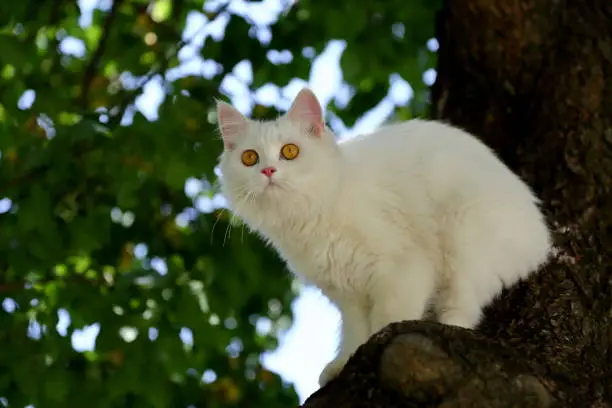
IV. Care and Maintenance of Turkish Angora Cat Breed :
Grooming Needs :
Coat Care and Hygiene:
Turkish Angora cats have a long, silky coat that requires regular grooming to keep it healthy and free from mats or tangles.
- Brushing Frequency: Aim to brush your Turkish Angora’s coat at least two to three times per week to remove loose hair and prevent matting.
- Grooming Tools: Use a soft-bristled brush or a grooming glove to gently remove loose hair and debris from the coat. Additionally, a wide-toothed comb can help detangle any knots.
- Hygiene: Pay attention to your cat’s ears, eyes, and nails. Clean their ears regularly to prevent wax buildup, trim their nails as needed to prevent overgrowth, and check their eyes for any signs of irritation or discharge.
Recommended Accessories and Care Products:
- Slicker brush or grooming glove for regular brushing sessions.
- Wide-toothed comb for detangling.
- Ear cleaner and cotton balls for ear hygiene.
- Nail clippers or a nail grinder for nail maintenance.
Health Consideration :
Common Health Problems:
Turkish Angora cats are generally healthy, but they may be prone to certain genetic conditions, including hypertrophic cardiomyopathy (HCM) and hereditary deafness.
- Recommended Veterinary Care: Schedule regular veterinary check-ups to monitor your cat’s overall health and address any potential health issues early on.
- Preventive Measures: Ensure your Turkish Angora receives regular vaccinations, flea and tick prevention, and dental care to maintain their overall well-being.
Average Lifespan and Tips for a Healthy Life:
The average lifespan of a Turkish Angora cat is around 12 to 18 years, but with proper care, they can live even longer.
- Tips for Promoting a Longer and Healthier Life: Provide a balanced diet, regular exercise, mental stimulation, and plenty of love and attention. Monitor your cat’s health closely and seek veterinary care promptly if you notice any changes in behavior or health.
Nutrition :
Provide a high-quality commercial cat food that is appropriate for your Turkish Angora’s age, size, and activity level.
- Dietary Recommendations: Look for cat foods that list meat as the primary ingredient and avoid fillers or artificial additives. Provide access to fresh water at all times.
- Feeding Schedule and Portion Control: Offer small, frequent meals throughout the day to prevent overeating and obesity. Follow the feeding guidelines provided by the cat food manufacturer and adjust portions as needed based on your cat’s individual needs.
Exercise :
Turkish Angora cats are active and playful by nature, so provide plenty of opportunities for exercise and play.
- Types of Exercise: Engage your Turkish Angora cat in interactive play sessions with toys such as feather wands or laser pointers. Consider providing climbing structures or scratching posts for physical activity.
- Duration and Frequency: Aim for at least 20 to 30 minutes of active playtime each day to keep your Turkish Angora mentally and physically stimulated. Incorporate a variety of activities to keep them engaged and entertained.
By providing proper grooming, veterinary care, nutrition, and exercise, you can help ensure the health and well-being of your Turkish Angora cat for years to come.
V. Suitability of Turkish Angora Cats :
Compatibility with Children and Other Animals :
- Interactions with Kids:
- Turkish Angora cats are generally well-suited for families with children.
- They are playful, affectionate, and enjoy interacting with children.
- Supervision is essential to ensure gentle and respectful interactions between cats and young children.
- Tolerance for Other Pets:
- Turkish Angora cats typically get along well with other pets, including dogs and other cats.
- They are social and adaptable, making them suitable companions for multi-pet households.
- Proper introductions and gradual acclimation can help ensure harmonious relationships between Turkish Angoras and other animals in the home.
Special Considerations for Multi-Pet Households :
- Introducing the Breed to Existing Pets:
- Introduce the Turkish Angora cat to existing pets gradually and in a controlled manner.
- Start by allowing the pets to scent each other’s belongings and gradually introduce them in neutral territory.
- Supervise their interactions closely and be patient as they adjust to each other’s presence.
- Provide separate spaces and resources for each pet to prevent competition and reduce stress.
Environmental Needs :
- Space and Environment:
- Turkish Angora cats are adaptable to various living environments, including apartments and larger homes.
- Provide vertical climbing structures and cozy hiding spots to enrich their environment and encourage natural behaviors.
- Ensure your home is safe and cat-friendly, with no hazards such as toxic plants or small objects that could be swallowed.
- Temperature and Comfort:
- Turkish Angora cats do not have specific temperature requirements but may prefer warmer environments due to their short coat.
- Provide warm spots for them to rest, especially during cooler weather, and ensure they have access to cozy bedding or heated areas if needed.
- Ensure your home is well-ventilated and free from drafts to keep your Turkish Angora comfortable.
By considering the compatibility of Turkish Angora cats with children and other pets, providing proper introductions and environmental enrichment, you can create a harmonious living environment for your cat and ensure they thrive in your home.
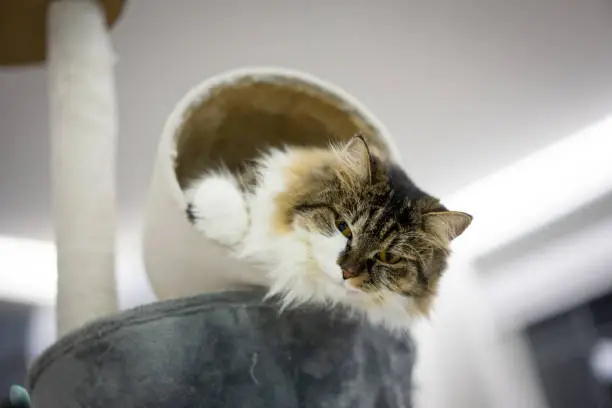
VI. Adoption and Breeder Consideration of Turkish Angora Cat Breed :
Encouragement for Adoption from Shelters or Rescue Organizations
Adopting a Turkish Angora cat from shelters or rescue organizations is a compassionate choice that can make a significant difference in the life of a cat. By choosing adoption, you’re not only providing a loving home to a cat in need but also contributing to the welfare of animals and the efforts of those who work tirelessly to protect them.
Benefits of Adoption:
- Saving a Life: Every cat adopted is a life saved. Shelters often have limited space, and by adopting, you’re making room for other animals in need.
- Supporting Animal Welfare: Adoption fees help shelters continue their valuable work, including medical care, feeding, and housing for homeless animals.
- Known Temperament: Many shelter cats have been observed and cared for by staff, giving you insight into their personality and suitability for your home.
The Joy of Adoption:
- Second Chance: There’s a unique joy in giving a second chance to a deserving cat. These cats often show immense gratitude and affection to their new owners.
- Forever Home: Providing a forever home to a Turkish Angora cat is a fulfilling experience that brings love and companionship to both the cat and the owner.
Guidance on Selecting a Reputable Breeder
If you’re set on purchasing a purebred Turkish Angora cat, it’s crucial to select a reputable breeder. A responsible breeder will prioritize the health, well-being, and genetic integrity of their cats.
Ethical Breeding Practices:
- Genetic Testing: Reputable breeders perform genetic testing to screen for hereditary conditions, ensuring the health of the kittens.
- Responsible Breeding: Ethical breeders follow best practices to minimize health risks and avoid overbreeding.
Choosing the Right Breeder:
- Health and Well-being: Look for breeders who provide a clean, nurturing environment and socialize their kittens from an early age.
- Transparency: A trustworthy breeder will be transparent about their breeding practices and provide health clearances for the kittens.
Cost Consideration and Potential Adoption Fees :
Owning a Turkish Angora cat can be a rewarding experience, but it’s important to consider the financial commitment involved. Here’s a breakdown of the costs associated with owning this elegant breed:
One-Time Costs:
- Adoption/Breeder Fees: If you’re adopting from a shelter, the cost can range from $50 to $200. However, purchasing from a breeder can be significantly more, between $600 and $2,000.
- Initial Setup and Supplies: This includes items like bedding, food and water bowls, toys, and scratchers, which can cost between $465 and $895.
Monthly Expenses:
- Food: High-quality cat food is essential for their health and well-being.
- Litter: Turkish Angoras are clean cats and will need a well-maintained litter box.
- Grooming: While their coat is easier to care for due to no undercoat, regular grooming is still necessary.
- Veterinary Care: Routine check-ups, vaccinations, and any unexpected health issues.
Additional Costs:
- Healthcare: Turkish Angoras are generally healthy, but like all breeds, they can have specific health concerns that may require additional veterinary care.
- Insurance: Pet insurance can help cover unexpected medical expenses.
- Entertainment: These intelligent cats need mental stimulation, so budget for toys and interactive play.
Total Monthly Cost: The total monthly cost will vary depending on your choices for food, litter, grooming, and healthcare, but it’s important to budget for these ongoing expenses to ensure your Turkish Angora has a happy and healthy life.
VII. Conclusion
The Turkish Angora cat breed is a captivating and elegant feline known for its striking appearance, friendly demeanor, and playful personality. With their long, silky coats, tufted ears, and almond-shaped eyes, Turkish Angoras exude grace and beauty. They are affectionate and sociable cats, forming strong bonds with their human companions and getting along well with children and other pets.
It’s crucial for prospective owners to understand the responsibilities that come with owning a Turkish Angora cat. Responsible ownership involves providing proper care, including regular grooming, veterinary check-ups, and a balanced diet. Additionally, creating a safe and enriching environment for the cat to thrive is essential.
Before bringing a Turkish Angora cat into their home, prospective owners should consider factors such as the cat’s grooming needs, exercise requirements, and potential health issues. They should also be prepared to invest time, effort, and resources into ensuring the cat’s well-being and happiness.
By emphasizing responsible ownership and proper care, prospective owners can provide a loving and nurturing home for a Turkish Angora cat, enriching both their lives and the life of their new feline companion.
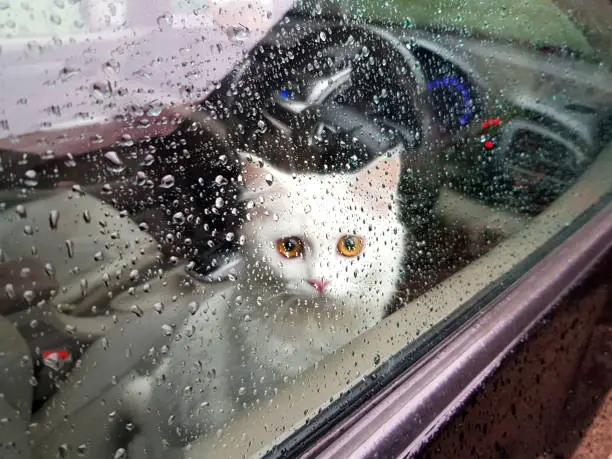
FAQ about Turkish Angora Cat Breed :
How much does a Turkish Angora cat cost?
The cost of a Turkish Angora cat can vary depending on factors such as pedigree, lineage, and breeder reputation. Adoption fees from shelters or rescue organizations typically range from $50 to $200, while purchasing a purebred Turkish Angora kitten from a breeder may cost anywhere from $500 to $2000 or more.
Are Turkish Angora cats prone to any health issues?
While generally healthy, Turkish Angora cats may be prone to certain genetic conditions such as hypertrophic cardiomyopathy (HCM) and hereditary deafness. Regular veterinary check-ups are important for monitoring their health.
Are Turkish Angora cats good with children and other pets?
Yes, Turkish Angora cats are generally friendly and get along well with children and other pets. They are sociable and adaptable, making them suitable for families and multi-pet households.
What are the defining characteristics of the Turkish Angora breed?
Turkish Angora cats are known for their long, silky coats, tufted ears, and graceful build. They have a friendly and sociable temperament, often forming strong bonds with their human companions.

